- Lab-STICC
- Calendar
- Seminar : Embedded Machine Learning: Emphasis on Hardware Accelerators and Approximate Computing for Tactile Data Processing
Seminar : Embedded Machine Learning: Emphasis on Hardware Accelerators and Approximate Computing for Tactile Data Processing
-
Speaker: Hamoud YOUNES
Abstract: Machine Learning (ML) a subset of Artificial Intelligence (AI) is driving the industrial and technological revolution of the present and future. We envision a world with smart devices that can mimic human behavior (sense, process, and act) and perform tasks that at one time we thought could only be carried out by humans. The vision is to achieve such level of intelligence with affordable, power-efficient, and fast hardware platforms. However, embedding machine learning algorithms in many application domains such as the internet of things (IoT), prostheses, robotics, and wearable devices is an ongoing challenge. A challenge that is controlled by the computational complexity of ML algorithms, the performance/availability of hardware platforms, and the application's budget (power constraint, real-time operation, etc.). In talk, we focus on the design and implementation of efficient ML algorithms to handle the challenges. First, we apply Approximate Computing Techniques (ACTs) to reduce the computational complexity of ML algorithms. Then, we design custom Hardware Accelerators to improve the performance of the implementation within a specified budget. A tactile data processing application is adopted for the validation of the proposed exact and approximate embedded machine learning accelerators.
Bio: Hamoud YOUNES received the B.S and M.S. degrees in Computer and Communication Engineering from the Lebanese International University, in 2012 and 2015 respectively. In 2021, he received a Ph.D. degree in Electronics and Telecommunication Engineering from the Department of Electric, Electronic, Telecommunication Engineering and Naval Architecture, University of Genoa, Italy. His research interests involve embedded electronic systems, hardware accelerators design and implementation, embedded machine and deep learning, approximate computing, deep learning compression, and energy efficient computing.
